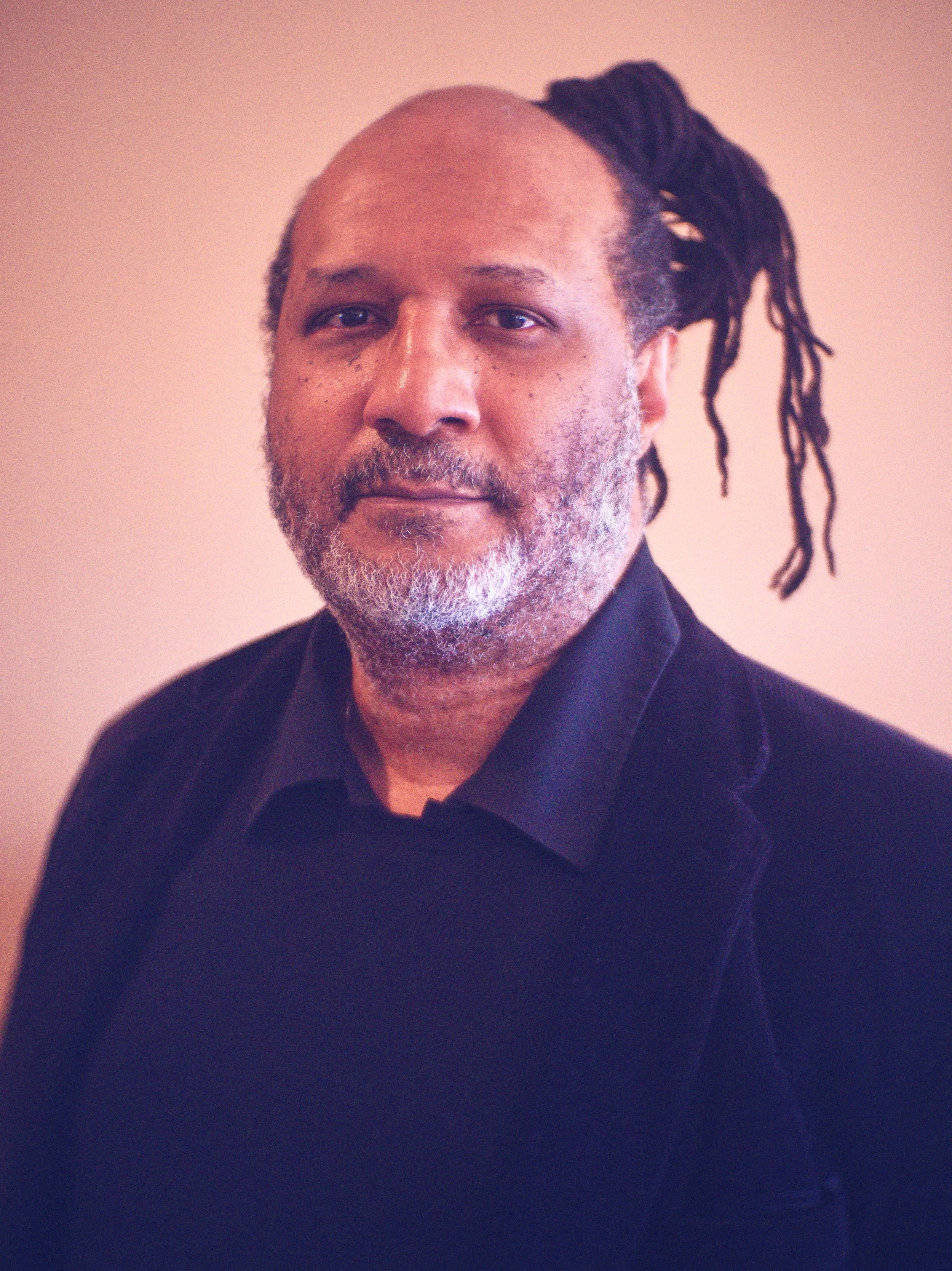2025 Summer Seminars
SYSTEMIC AND TRAUMATIC:
AGONISMS OF RACIAL INJURY AND SOCIAL JUSTICE
This seminar engages with passing moments of time in which large systemic harms are constellated in the horror of brief traumatic moments. Without occupying the temporal threshold of strangeness and astonishment, contemporary history is in danger of becoming presentist, while monumental history becomes vulnerable to the celebration of the archaic and the anticipated. In re-drawing the relationship between territories of “systemic racism” and the temporalities of traumatic racism, this seminar attempts to re-think problems of time, place and social justice.
Our understanding of systemic racism is institutional and official, leaning heavily on law reform, policy reviews, and administrative interventions. The rough injustice of everyday traumatic racism—violent, iterative, interruptive, erratic—plays out on streets and neighborhoods: the quick stab of racial abuse; fast-and-loose police procedures of “stop and search”; the eight minutes and forty-six seconds it takes to kill George Floyd on the side of a public thoroughfare in Minnesota. The institutional events of systemic racism are largely recorded in linear or evolutionary narratives of the progress of policy or the failure of political will—or vice versa. The risky uncertainty of traumatic racism takes a different form of time and place. Materials for this seminar draw on theoretical essays, legal decisions, tele-visual materials (including iPhone videos and bodycam recordings), lyric poetry, and narrative fiction. The aim of this seminar is to get as close to “the hell of it” as possible.
Homi K. Bhabha is the Anne F. Rothenberg Professor of the Humanities in the Departments of English and Comparative Literature at Harvard University. He is the author of numerous pieces exploring postcolonial theory, psychoanalysis, contemporary art, and cosmopolitanism. His works include The Location of Culture, Nation and Narration, and forewords to Frantz Fanon’s major books. Bhabha has also written essays on William Kentridge, Anish Kapoor, Taryn Simon, and Matthew Barney, amongst others. He is a Corresponding Fellow at The British Academy, Fellow of the Royal Society of Literature, and Critic-in-Residence at the Boston Museum of Fine Arts.
BLACK EXISTENTIALISM AND DECOLONIZING KNOWLEDGE
The emergence of racialized blackness in the Euromodern age has generated several questions that Black Existentialism addresses. These include challenges of what it means to be human, liberated, free, justified, redeemed, and loved. In this seminar, we will outline a portrait of Black existentialism and then discuss each of these challenges.
Lewis R. Gordon, FRSA, is Board of Trustees Distinguished Professor of Philosophy and Global Affairs at the University of Connecticut and Distinguished Scholar at The Most Honourable PJ Patterson Centre for Africa-Caribbean Advocacy at The University of the West Indies, Mona. His recent books include Freedom, Justice, and Decolonization (Routledge, 2021); Fear of Black Consciousness (Farrar, Straus, and Giroux and Penguin Books, 2022); and Black Existentialism and Decolonizing Knowledge: Writings of Lewis R. Gordon (Bloomsbury, 2023). The 30th Anniversary Edition of his first book, Bad Faith and Antiblack Racism, will be published by Humanities Classics/R&L Publishers in 2025.
Critique, Praxis, Utopia:
Law and Politics for a Post-Capitalist Age
Starting from an examination of contemporary theories of power, this seminar will explore the relationship between critical theory and radical political praxis, with a special emphasis on the legal realm. The relationship between critique and praxis is dynamic and involves a constant back-and-forth due to the inherent gap between the negativity of critique and the positivity of political praxis, between the destituent and the constituent, between deconstruction and reconstruction. Models of this productive back-and-forth can be found in the work of brilliant critical thinkers like W.E.B. Du Bois, Angela Davis, Michel Foucault, or Simone Weil. In this seminar, we will explore how the confrontation of critique and praxis can help discern a critical role for law and politics in progressive and radical social movements. We will explore the place of cooperation and solidarity in a post-capitalist age and develop a theory of concrete utopias as a way to update the classical concept of Utopia.
Bernard E. Harcourt is a multi-disciplinary critical scholar and legal advocate, and teaches at Columbia University and the École des hautes études en sciences sociales in Paris. His most recent books, Cooperation: A Political, Economic, and Social Theory (2023) and Critique & Praxis: A Critical Philosophy of Illusions, Values, and Action (2020) attempt to reconstruct critical philosophy as a transformative political praxis. He has edited lectures and writings by Michel Foucault in French and English. Harcourt began his career representing men on Alabama’s death row. In 2019, he was awarded the New York City Bar Association’s lifetime achievement award for his work on behalf of individuals on death row.
The Hundred Years' War on Palestine
The past century for the Palestinians has been one of denial: denial of statehood, denial of their history, and denial of their very existence, a quintessential form of gaslighting of the entire world. Beginning in the final days of the Ottoman Empire, the nascent nationalism of the Palestinians confronted a project to take over their homeland, which early Zionists freely admitted was a colonial one. This marked the first phase of an ongoing multi-stage war directed against the Palestinians that was fully supported by the great powers at every stage after 1917. An analysis of Palestinian resistance to this colonizing project exposes the decisions that secured victories as well as the mistakes that contributed to defeats.
Rashid Khalidi is Edward Said Professor of Arab Studies Emeritus at Columbia University. He received a B.A. from Yale University and a D. Phil. from Oxford University, and has previously taught at the Lebanese University, the American University of Beirut, and the University of Chicago. He was editor and later co-editor of the Journal of Palestine Studies, and has served as President of the Middle East Studies Association. He is the author of eight books, including The Hundred Years’ War on Palestine: A History of Settler-Colonialism and Resistance, 1917-2017, and of over 100 scholarly articles and book chapters, and has co-edited three books.




